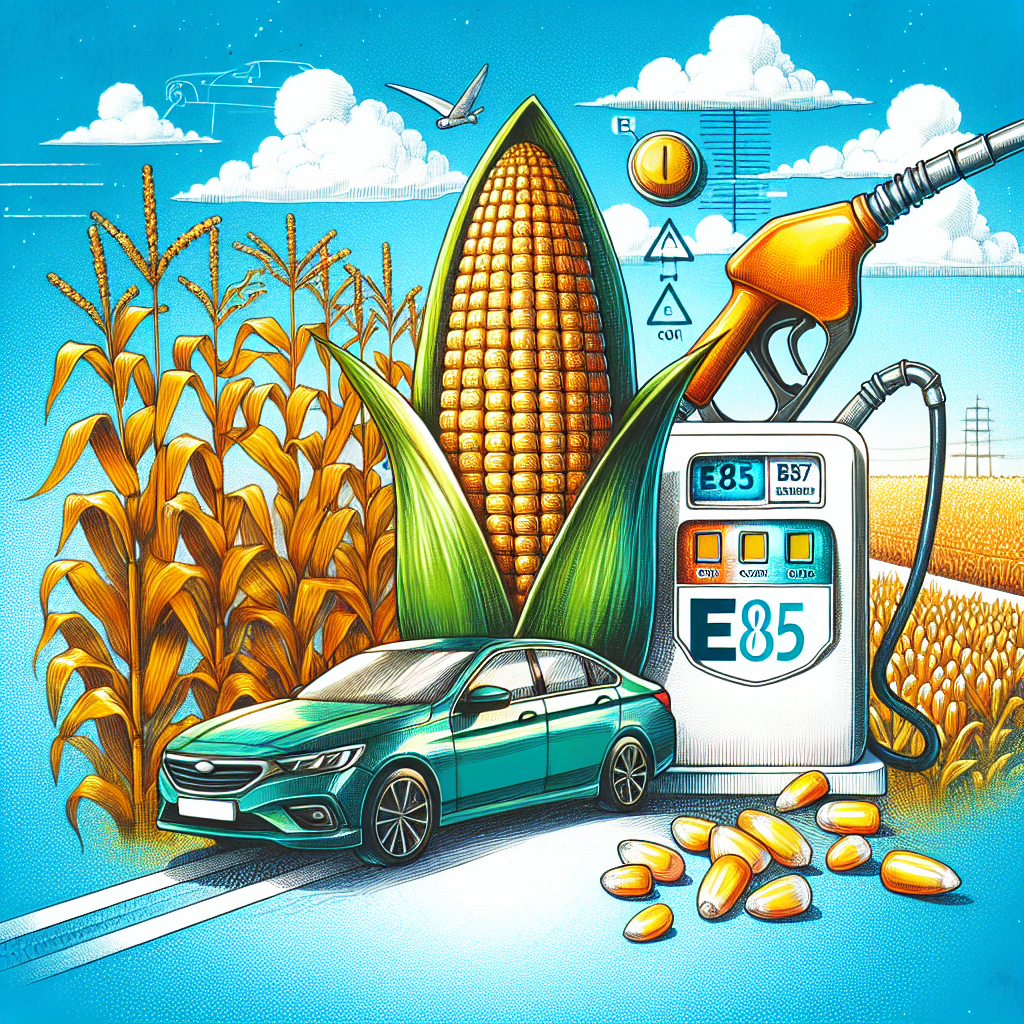India's Ethanol Blended Fuel: Promise or Problem?
India's introduction of E20 fuel, consisting of 20% ethanol blend, is raising concerns over decreased mileage but is deemed safe by automakers. The shift, set for 2025, is already in place nationwide, sparking public outcry and a Supreme Court challenge due to impacts on older vehicles.

India's aggressive transition to E20 fuel, a blend containing 20% ethanol, is sparking a national debate amid concerns over reduced vehicle mileage. Automotive leaders have assured that while mileage may decrease by 2%-4%, the fuel remains safe, even for older vehicles.
The shift comes aligned with Prime Minister Narendra Modi's clean energy goals. However, with nearly all of India's 90,000 fuel stations now offering only E20, motorists are worried about performance, particularly in older models. Despite early reassurances, mixed messages have fueled confusion and public discontent, with motorists voicing concerns online.
As anxiety mounts, automakers like Maruti Suzuki and others argue against exaggerated claims of a 50% efficiency drop, hoping to quell fears with scientific studies. Still, the real-world challenges persist, prompting public interest litigation to be reviewed by the Supreme Court.
(With inputs from agencies.)
ALSO READ
Empowering India’s Clean Energy Future: Innovative Solutions for Sustainable Transitions
Prime Minister Narendra Modi arrives in China.
Prime Minister Narendra Modi arrives in Japan on two-day visit.
Ambani’s Ambitious AI and Clean Energy Strategy: A Bold Vision for Reliance's Future
India's Clean Energy Horizon: From CNG Expansion to Sustainable Targets










